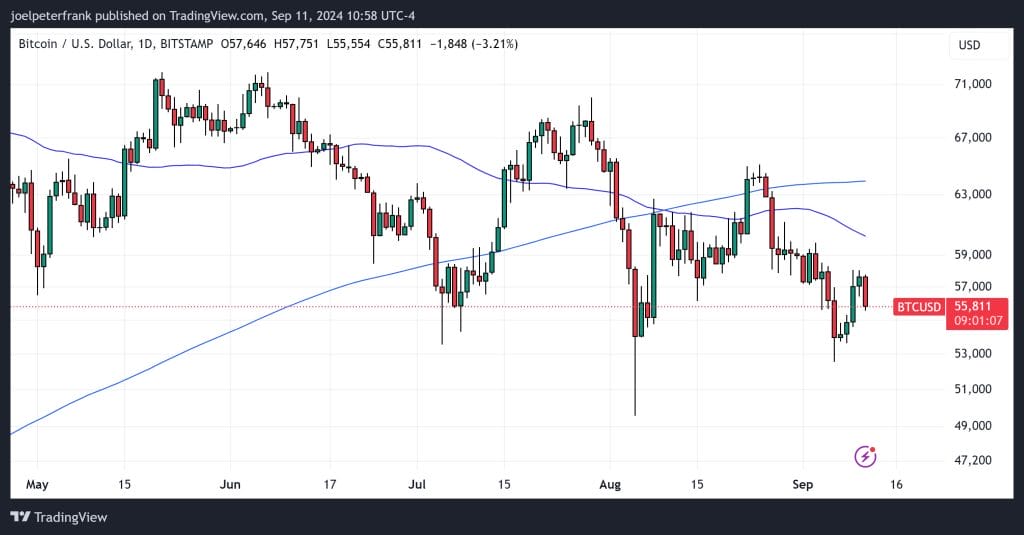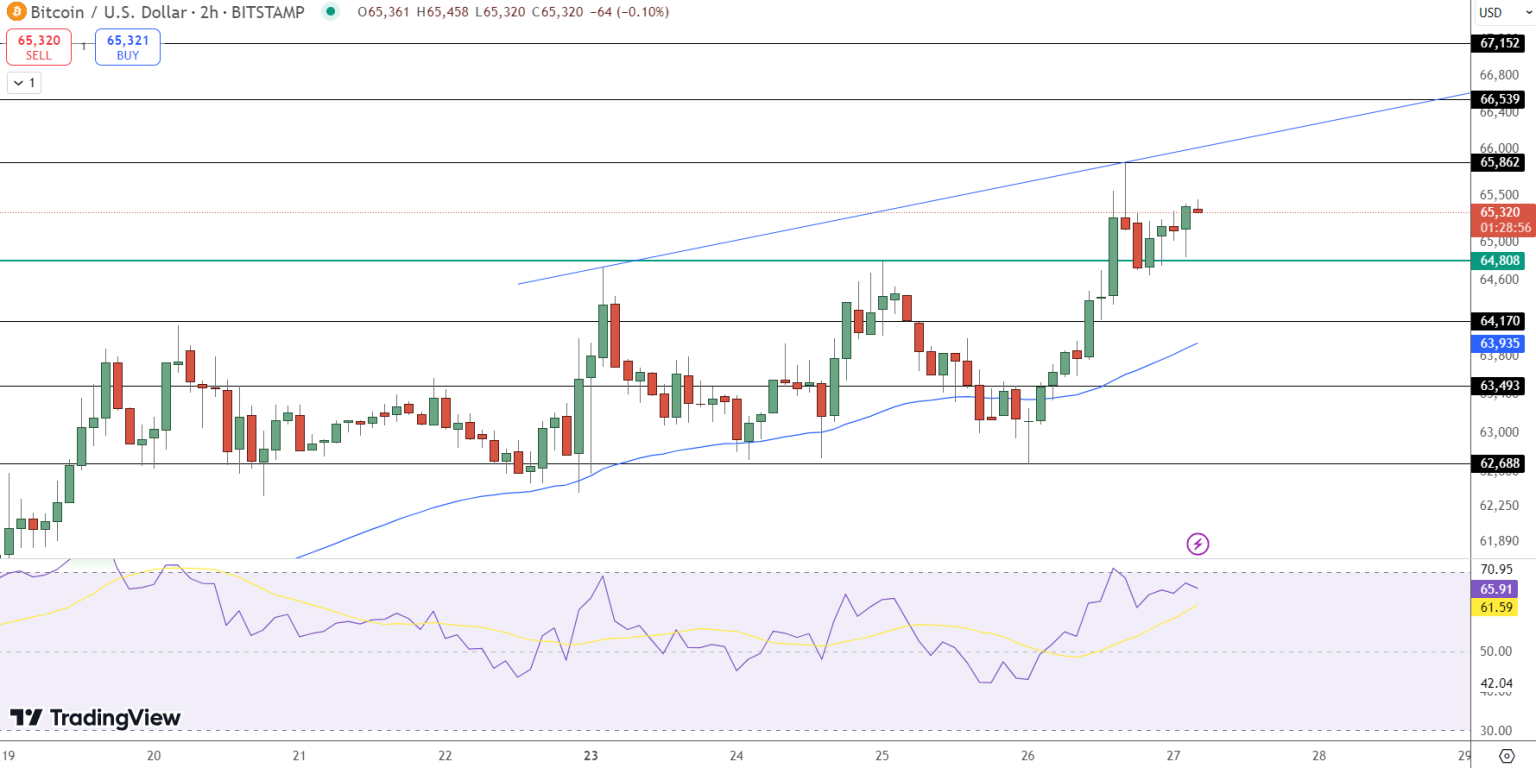Last updated:
 Why Trust Cryptonews
Why Trust Cryptonews
Ad Disclosure
We believe in full transparency with our readers. Some of our content includes affiliate links, and we may earn a commission through these partnerships.

MicroStrategy, led by Bitcoin advocate Michael Saylor, has expanded its board of directors, appointing former Binance.US CEO Brian Brooks along with Jane Dietze and Gregg Winiarski.
The new appointments were disclosed in a December 20 filing with the U.S. Securities and Exchange Commission (SEC).
Brooks, Dietze — who also serves on Galaxy Digital’s board — and Winiarski, the chief legal officer at Fanatics Holdings, bring the total number of MicroStrategy board members to nine.
They will also be eligible for equity awards, according to the filing.
Brooks’ Appointment is a ‘Big Deal’
Swan Bitcoin, a prominent Bitcoin platform, highlighted Brooks’ appointment as significant, calling it a “BIG deal” in a December 21 post on X.
Swan noted Brooks’ experience as acting Comptroller of the Currency in 2021, where he oversaw the U.S. banking system and established deep industry connections.
Brooks previously served as CEO of Binance.US but resigned in August 2021 after less than four months, citing strategic differences.
Crypto analyst MacroScope also praised the appointments, calling all three executives “good additions,” particularly emphasizing Brooks’ qualifications.
Brooks has recently gained attention as a potential pick by Donald Trump to replace SEC Chair Gary Gensler, though Trump has instead nominated pro-crypto advocate Paul Atkins for the role.
MicroStrategy’s announcement follows Nasdaq’s decision to add the company to the Nasdaq-100 Index on December 23.
Joining MicroStrategy in the index are Palantir Technologies and Axon Enterprise, while Illumina, Super Micro Computer, and Moderna will be removed.
The inclusion in the Nasdaq-100 solidifies MicroStrategy’s status as one of the 100 largest stocks by market capitalization.
The software company transformed into a de facto Bitcoin hedge fund in 2020 and continues to champion Bitcoin as a core component of its strategy.
The addition of MicroStrategy to the Nasdaq 100 came alongside two other companies, while Illumina, Super Micro Computer, and Moderna were removed.
The reshuffling of the index reflects its dynamic nature and the growing influence of Bitcoin-focused firms.
Saylor Supports Trump’s Strategic Bitcoin Reserve
As reported, Saylor has expressed strong support for President-elect Donald Trump’s proposal to establish a strategic Bitcoin reserve.
Detailed in his “Digital Assets Framework” policy published Friday, the proposal outlines a roadmap for the United States to foster growth in the digital asset industry, establish clear compliance standards, and ensure defined rights for crypto asset holders and companies.
Saylor noted the importance of the U.S. leading the global digital economy through innovation in digital assets.
“By establishing a clear taxonomy, a legitimate rights-based framework, and practical compliance obligations, the United States can lead the global digital economy,” he wrote.
He added that such measures could unlock trillions of dollars in wealth, empower millions of businesses, and secure the U.S. dollar’s status as the cornerstone of the digital financial system.
While Saylor did not specify the size of the reserve, he suggested it could create wealth ranging from $16 to $81 trillion, potentially erasing the U.S. national debt of $36 trillion.




